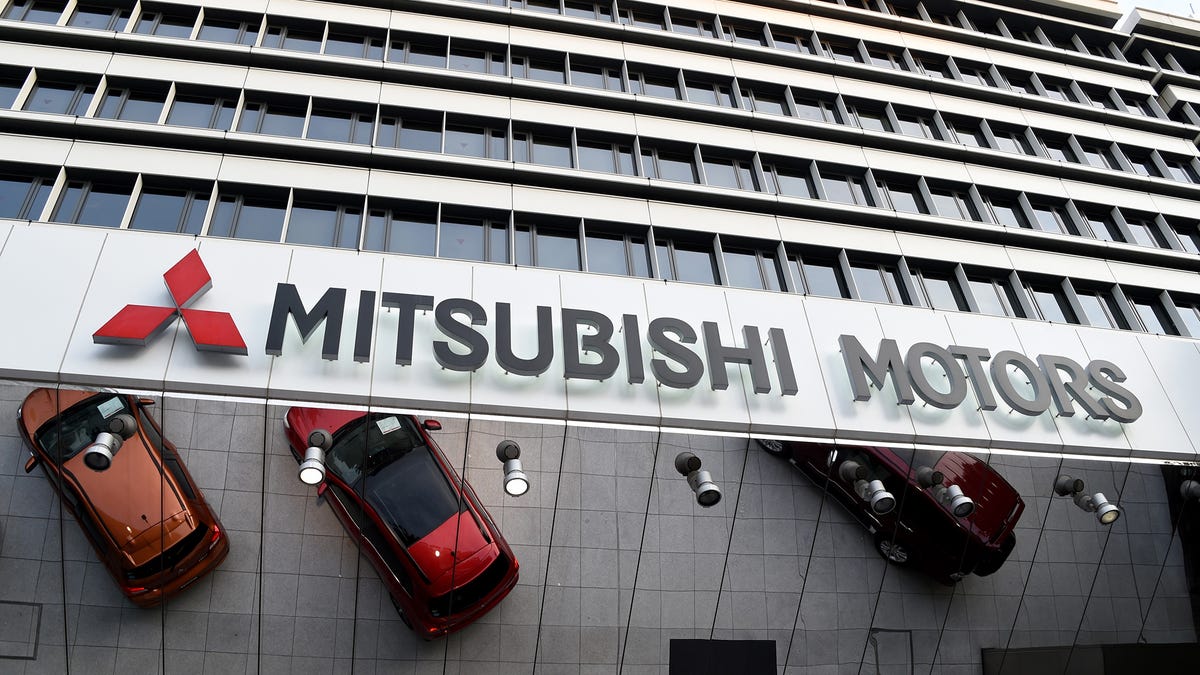Mitsubishi may have fudged fuel economy data for even more cars
Here we go again!

After the news broke that Mitsubishi fessed up to using improper fuel economy data for some of its Japanese vehicles, including ones made in conjunction with Nissan, I said it was going to get worse for the automaker before it gets better. And, what do you know, it appears that's very much true.
According to Reuters, Japanese sources have reported that Mitsubishi's mpg malfeasance extends beyond the cars already named. One outlet reports that three additional models may have incorrect fuel-economy figures, while another outlet reports that number in the double-digits. Mitsubishi Motors did not yet return a request for comment, but it declined comment to Reuters, citing an ongoing investigation.
The issue lies with the "coast-down" test, which requires a vehicle to coast to a stop from 80 mph, in order to gather data that's used in general fuel-economy estimations. Mitsubishi did those tests in a different manner, which led to potentially incorrect mpg figures. Mitsubishi's already admitted fault and said it would do what it can to fix the problem.
Thankfully, it doesn't appear that this affects any new Mitsubishi models, and there doesn't appear to be a single related problem with any vehicle outside the Japanese market. Nevertheless, US regulators have asked Mitsubishi to perform additional tests ahead of any future fuel-economy labeling.
In the US and abroad, governments regularly rely on automakers to supply their own data for fuel-economy reporting, as regulators have neither the time nor the money to test every model on the market. This can lead to cases like Mitsubishi's. In fact, both Ford and Hyundai recently came under fire, and paid some decently hefty fines, for similar mpg trickery.

